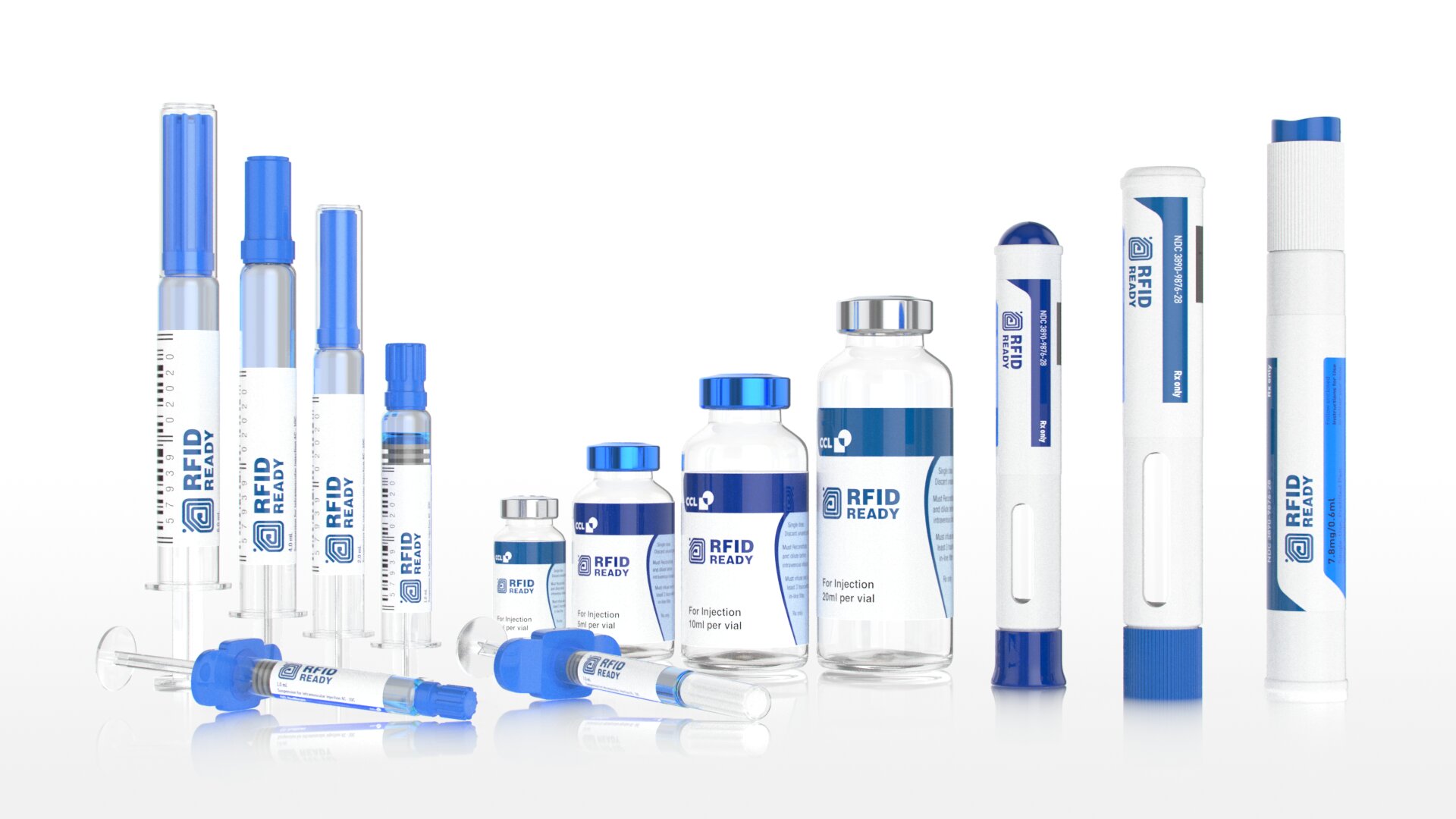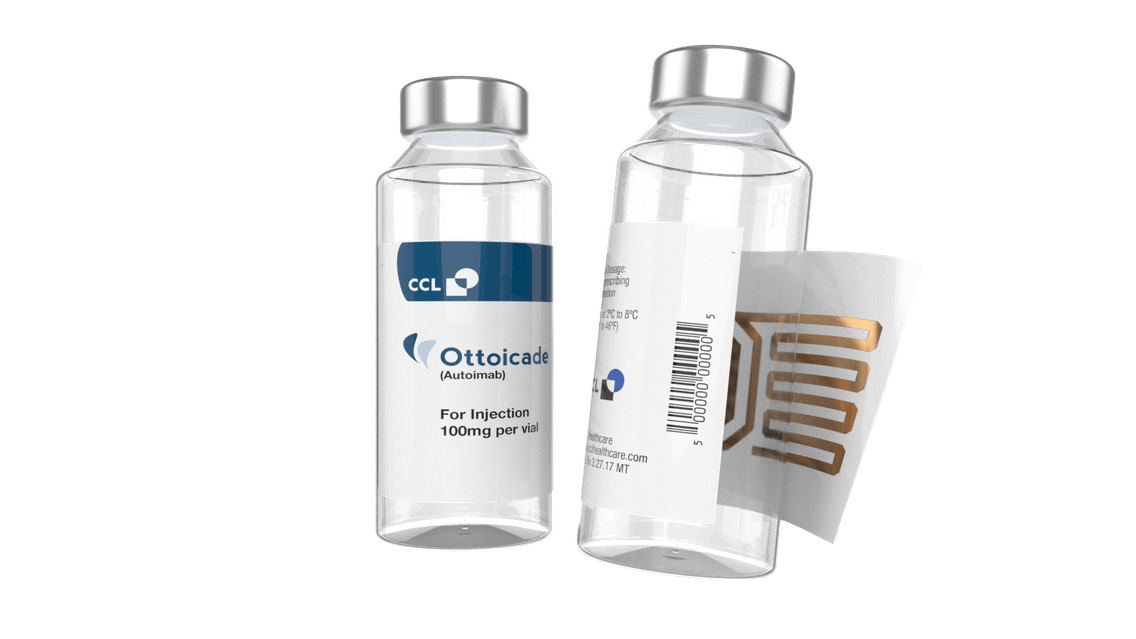6 Reasons RFID-Enabled Labels Will Transfer Hospital Pharmacy Automation
Hospitals are notorious for having complex inventory systems that track medical devices, supplies, equipment, and other tools needed to provide critical care to patients. For years, hospitals have leaned on technology like radio frequency identification (RFID) to automate this process.
Many hospital administrators are starting to realize that RFID Label technology embedded in pharmaceutical packaging and labels can also enhance their ability to track millions of doses of medications and other drugs. Here are six reasons why RFID pharmaceutical tracking is the next wave of innovation for the healthcare industry.

1. Improved Inventory Management
In the United States alone, there are over 350 million doses of pharmaceutical drugs prescribed by hospitals each year. This requires an astoundingly meticulous inventory management system to keep track of all incoming shipments and outgoing doses administered by hospital staff.
While 2D barcoding does provide advanced tracking, it requires manual scanning and processing by hospital workers as drug and prescription inventory moves through the system. RFID-enabled packaging and labels can bring a faster, more automated sophistication to the hospital’s drug inventory management process.
 RFID labels placed inside the medication containers or embedded in pharmaceutical labels are designed to automatically send data and location information to the inventory tracking system without any input from humans. This ensures that hospital staff always know the quantities and location of every medication or drug within the facility. In addition, RFID labels are coded with other information from the pharmaceutical company including the manufacturer’s name, medication name, drug serial number, lot number, and expiration date.
RFID labels placed inside the medication containers or embedded in pharmaceutical labels are designed to automatically send data and location information to the inventory tracking system without any input from humans. This ensures that hospital staff always know the quantities and location of every medication or drug within the facility. In addition, RFID labels are coded with other information from the pharmaceutical company including the manufacturer’s name, medication name, drug serial number, lot number, and expiration date.
An added benefit of RFID-enabled labels is to ensure that hospitals are able to quickly identify dwindling supplies and order more medications before they run out.
2. Staffing Efficiency
3. Patient Safety
4. Security and Crime Reduction
5. Enhanced Data Security
6. More Efficient Drug Recalls
The Future of RFID Labels in Hospital Pharmacy Automation